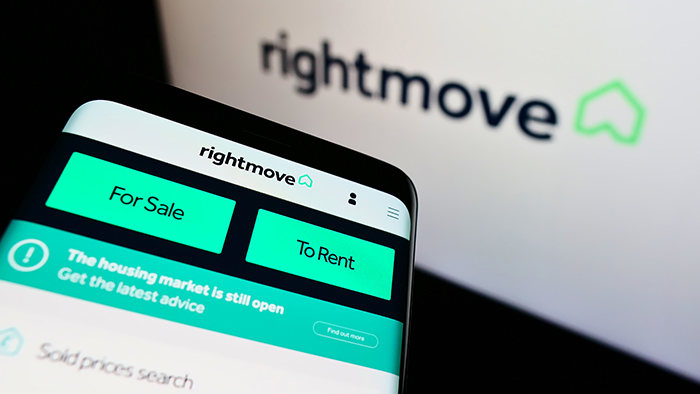
In a subdued month, the average asking price of newly marketed properties increased a little to £366,281 (+0.4%), according to the latest Righmove house price index.
While some sellers are clearly being too optimistic on their pricing, it does appear that others are listening to their agents’ advice to price correctly from the outset.
As expected, the annual rate of change has continued its downwards trajectory, which means that prices are still on track to meet Rightmove’s our prediction of a 2% fall over the year as a whole.
Rightmove’s Director of Property Science Tim Bannister points out: “It’s been a slower than usual August, so all eyes will be on market activity over the next few weeks, which will set the trend for the rest of the year. The combination of 14 consecutive Bank of England interest rate rises and many buyers and sellers still catching up on lost pandemic holidays has contributed to a bigger than expected summer lull, though we still anticipate an autumn bounce”.
August was quieter than usual for new sellers, with the number of new properties coming up for sale being 6% lower than the ten-year average. Buyer enquiries remained stable, down just 1% on 2019, but the economic conditions, holiday distractions and reduction in fresh stock contributed to the number of sales agreed falling further, going from being 15% down on 2019 in July, to being 18% down in August.
The first-time-buyer sector has consistently out-performed the larger home sectors since February, with this trend continuing in August. Sales agreed in this sector of two-bedrooms and fewer were down by 13% on August 2019, and encouragingly buyers enquiries in this sector were up by 1%.
Hargreaves Lansdown head of personal finance Sarah Coles sees little cheer in the latest Rightmove numbers.
“This isn’t a house price rise. It’s an indication of how desperate sellers are to defy the miserable realities of the housing market right now. Sky high mortgage rates mean demand has dropped like a stone, house prices have fallen, and sales have dried up. However, not all sellers are prepared to accept it right now – so asking prices are up over the past month”.
Coles suggests this mispricing is gumming up the works, so sales are sluggish – down around a fifth (18%) in a year. It means homes are taking 57 days to find a buyer, up from 35 in the same month a year earlier.
“It’s perfectly understandable. When we’ve seen prices rise so far and so fast, there’s the temptation to cling to the hope that they’ll keep doing so – at least until you’ve had the chance to sell. In reality, however, prices have turned, and if sellers don’t realise this up-front, they’re likely to sell for less in the end”.
She adds: They’ll waste the initial interest in their property, because buyers will baulk at the price. They’ll then have to cut – at least once – which buyers may read as off-putting levels of desperation. Being too optimistic can be an expensive mistake in a market like this one.”
North London estate agent and former RICS residential chairman Jeremy Leaf , takes a similar line: “We are finding in our offices that sellers with unrealistic expectations often end up not just with a lower price but have to accept below the level they were advised initially”.
He adds: “Fortunately, in recent weeks, an expectation that interest rates may be at or near their peak coinciding with a return from summer holidays for many has prompted a welcome albeit modest uptick in appraisals, listings and buyer interest. This is particularly the case in those properties offered by motivated sellers.”